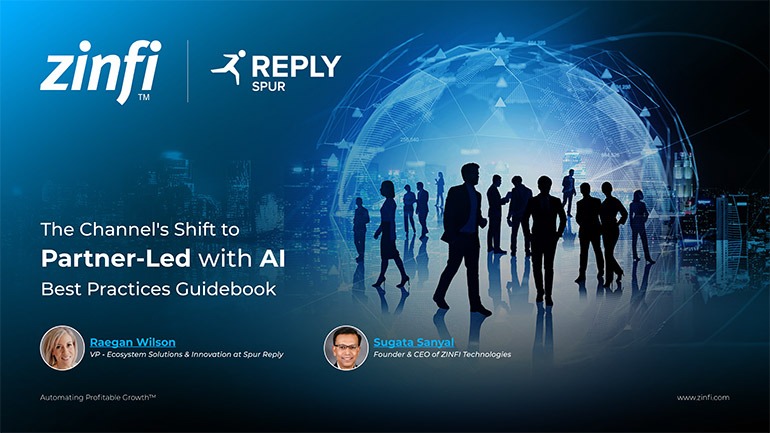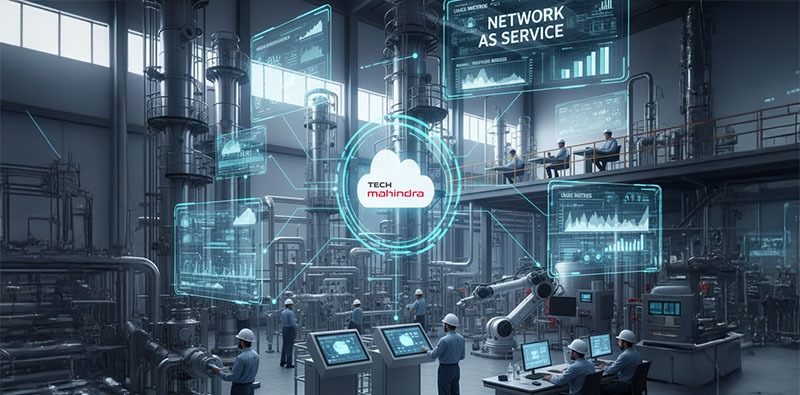Best Practices Articles
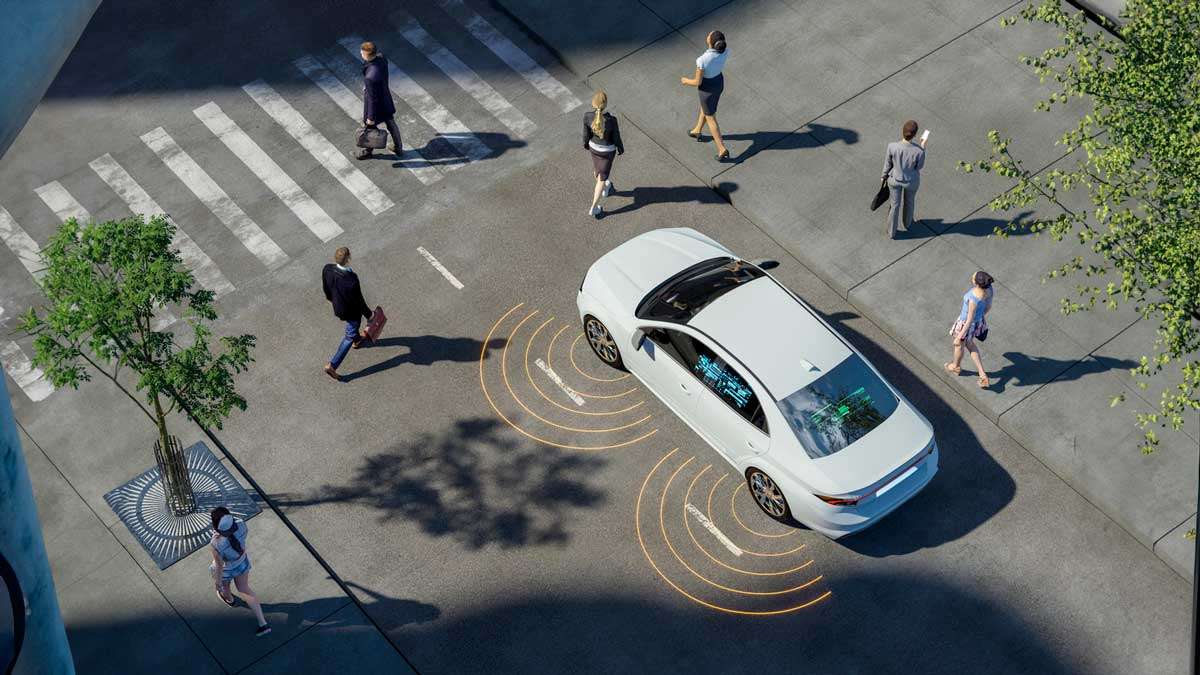
The Shift to Autonomous EVs: Transforming the Automotive Ecosystem and Rideshare Economy – Part 1
The Shift from Internal Combustion Engines to Autonomous EVs: Transforming the Automotive Ecosystem
The automotive ecosystem is on the brink of a revolutionary shift. With the rise of autonomous Electric Vehicles (EVs) and the growing popularity of rideshare services like Uber and Lyft, the traditional car ownership model is being challenged. This transformation has significant implications not only for individual consumers but also for the broader economy. In this first part of a two-part series, we will delve into the financial aspects of car ownership versus rideshare services and explore how the shift to autonomous EVs is changing the automotive ecosystem.
Financial Analysis of Car Ownership vs. Rideshare Services
Assumption:
- Annual income: $100,000
- Car price: $25,000 (assuming a more moderate purchase)
- Financing details: 5-year loan at the current average auto loan interest rate of 6.58% (as of July 2024)
- Average miles driven per month in the US: 1,000 miles
Monthly Car Payments:
Financing a $25,000 car over 5 years at a 6.58% interest rate results in a monthly payment of approximately $491.
Additional Costs of Car Ownership:- Depreciation: Cars typically lose about 20% of their value in the first year and around 15% each subsequent year. Over 5 years, the car would depreciate approximately 50%, translating to an annual depreciation cost of $2,500.
- Maintenance: Annual maintenance costs can average $1,200.
- Insurance: Average annual car insurance costs around $1,500.
- Fuel: Assuming an average driving distance of 1,000 miles per month at 25 miles per gallon and fuel costs of $3 per gallon, the monthly fuel cost would be $120.
Total Monthly Operating Costs:
- Depreciation: $208
- Maintenance: $100
- Insurance: $125
- Fuel: $120
Total Monthly Cost of Car Ownership:
$491 (loan payment) + $208 (depreciation) + $100 (maintenance) + $125 (insurance) + $120 (fuel) = $1,044
Rideshare Costs:Assuming the same driving distance of 1,000 miles per month and an average Uber or Lyft cost of $2 per mile, the monthly rideshare expense would be:
Total Monthly Rideshare Cost:
1,000 miles * $2/mile = $2,000
Comparison:
- Total Monthly Car Ownership Cost: $1,044
- Total Monthly Rideshare Cost: $2,000
Break-Even Point for Rideshare Cost:
To find the break-even point where rideshare costs equal car ownership costs, we divide the total monthly car ownership cost by the monthly mileage.
Break-even cost per mile = Total Monthly Car Ownership Cost / Monthly Miles Driven
Break-even cost per mile = $1,044 / 1,000 miles = $1.04 per mile
The Future of Rideshare with Autonomous Vehicles
As technology advances towards fully autonomous vehicles, the potential for cost reduction in rideshare services is significant. With no human driver, vehicle maintenance, insurance, and energy costs would be the primary expenses. Estimates suggest that autonomous rideshare services could reduce the cost per mile to as low as $0.50.
Potential Cost Comparison with Autonomous Vehicles:
- Total Monthly Rideshare Cost with Autonomous Vehicles: 1,000 miles * $0.50/mile = $500
Broader Implications for the Automotive Ecosystem
The automotive industry, including manufacturing, sales, maintenance, and related services, is a significant part of the US economy, contributing approximately 3-3.5% to the GDP. This includes millions of jobs in manufacturing, sales, maintenance, fuel, and insurance sectors.
Impact of Electric Vehicles (EVs) and Autonomous Vehicles (AVs):
The transition to EVs and AVs is expected to have a substantial effect on the automotive ecosystem:
- Reduction in Vehicle Numbers: As rideshare services become more efficient with autonomous vehicles, the number of cars needed is projected to decrease. More people will opt for shared transportation, reducing the number of vehicles on the road.
- Shift in Household Car Ownership: Households may transition to owning a single car for backup purposes while relying primarily on autonomous rideshare services for daily commutes and errands. This shift could significantly reduce the demand for new vehicles.
- Economic Ripple Effects: The reduction in car ownership will affect various sectors, including:
- Manufacturing: Fewer cars must be produced.
- Maintenance and Repair: Autonomous and electric vehicles typically require less maintenance.
- Insurance: Insurance models must adapt to fewer personal vehicles and more commercial autonomous fleets.
- Fuel and Energy: The shift to electric vehicles will change fuel consumption patterns, impacting the oil industry.

Conclusion
For someone earning $100,000 a year, the total monthly cost of owning a car priced at $25,000 is $1,044. Currently, the cost of using Uber or Lyft exceeds this, making car ownership more economical. However, with the advent of fully autonomous vehicles, rideshare costs could drop to $0.50 per mile, or $500 per month, significantly undercutting the cost of car ownership.
This shift could fundamentally change our transportation choices, making rideshare services the preferred option for many while also reshaping the automotive industry and the broader economy.
What do you think? Are you ready for a future with autonomous rideshare services and fewer cars? Share your thoughts!
Best Practices Guidebook
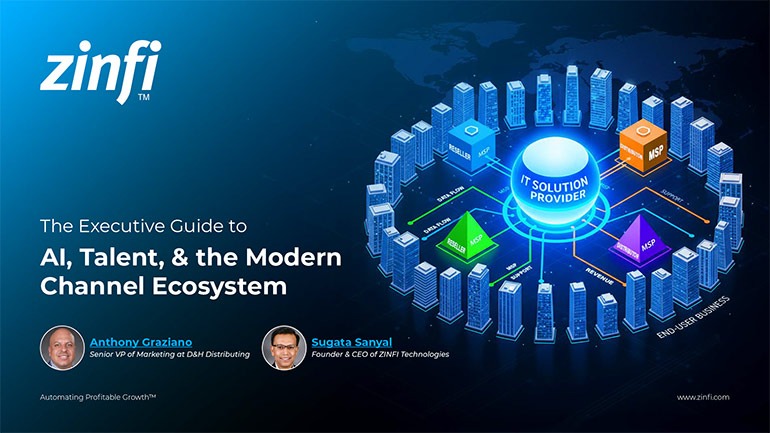 Modernizing Channel Marketing: AI and Ecosystem Enablement Best Practices
Modernizing Channel Marketing: AI and Ecosystem Enablement Best PracticesDownload for FREE
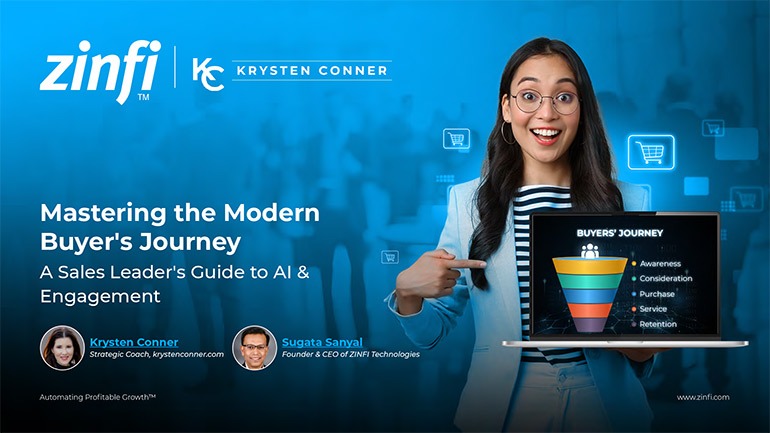 The Channel’s Shift to Partner-Led With AI Best Practices
The Channel’s Shift to Partner-Led With AI Best PracticesDownload for FREE
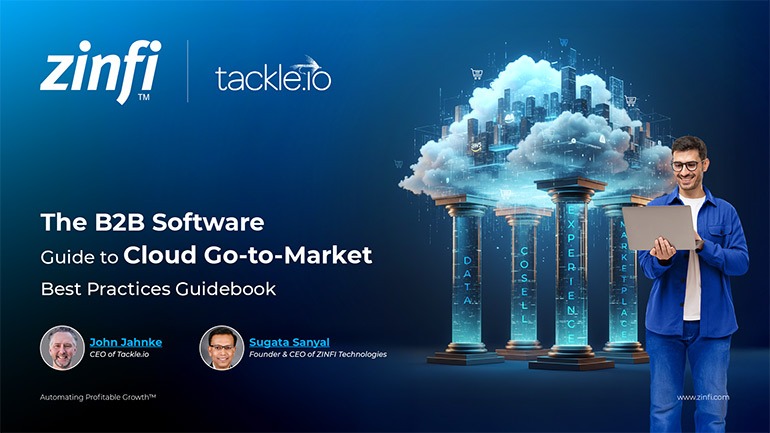 Hyperscalers, ISVs, and AI: Shaping the Future of B2B Software Distribution
Hyperscalers, ISVs, and AI: Shaping the Future of B2B Software DistributionDownload for FREE
 Definitive Guide to a Partner Ecosystem-First Sales Strategy
Definitive Guide to a Partner Ecosystem-First Sales StrategyDownload for FREE
 The Partner-Led Digital and AI Transformation Best Practices
The Partner-Led Digital and AI Transformation Best PracticesDownload for FREE
 Startup Talent Recruitment: Hiring Missionaries, Not Mercenaries
Startup Talent Recruitment: Hiring Missionaries, Not MercenariesDownload for FREE
 The Future of Partner Relationship Management with AI in Partnerships
The Future of Partner Relationship Management with AI in PartnershipsDownload for FREE
 Cybersecurity for the 99%: Strategies from the Frontline
Cybersecurity for the 99%: Strategies from the FrontlineDownload for FREE
 Mastering Partner Relationships: A Strategic Approach to Business Growth
Mastering Partner Relationships: A Strategic Approach to Business GrowthDownload for FREE
 Mastering Partner Relationship Management: Keys to SaaS Channel Success
Mastering Partner Relationship Management: Keys to SaaS Channel SuccessDownload for FREE
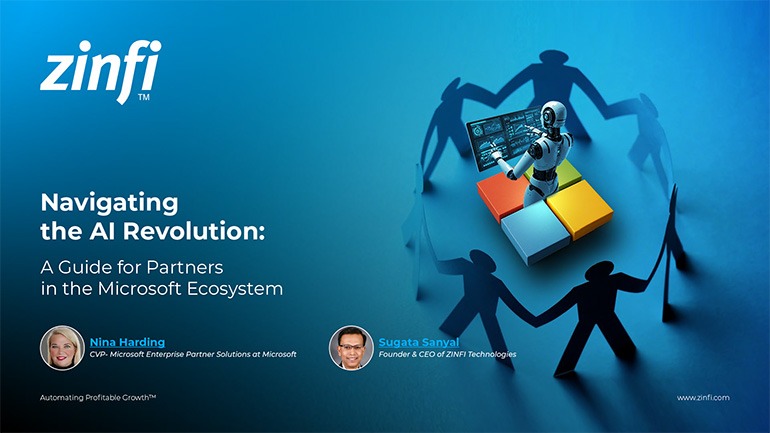 Navigating the AI Revolution: Guide for Partners in the Microsoft Ecosystem
Navigating the AI Revolution: Guide for Partners in the Microsoft EcosystemDownload for FREE
 Mastering the Modern Buyers Journey: Sales Leader’s Guide to AI & Engagement
Mastering the Modern Buyers Journey: Sales Leader’s Guide to AI & EngagementDownload for FREE

